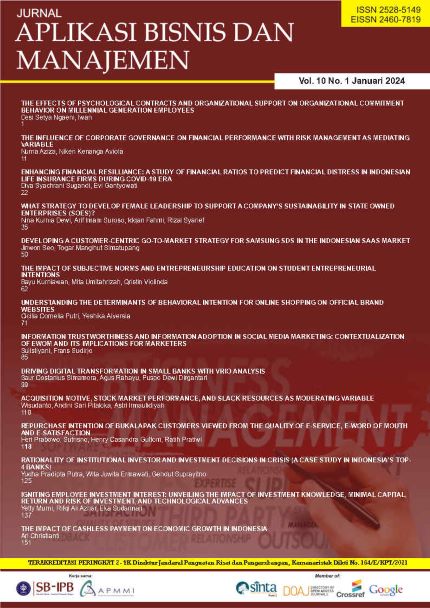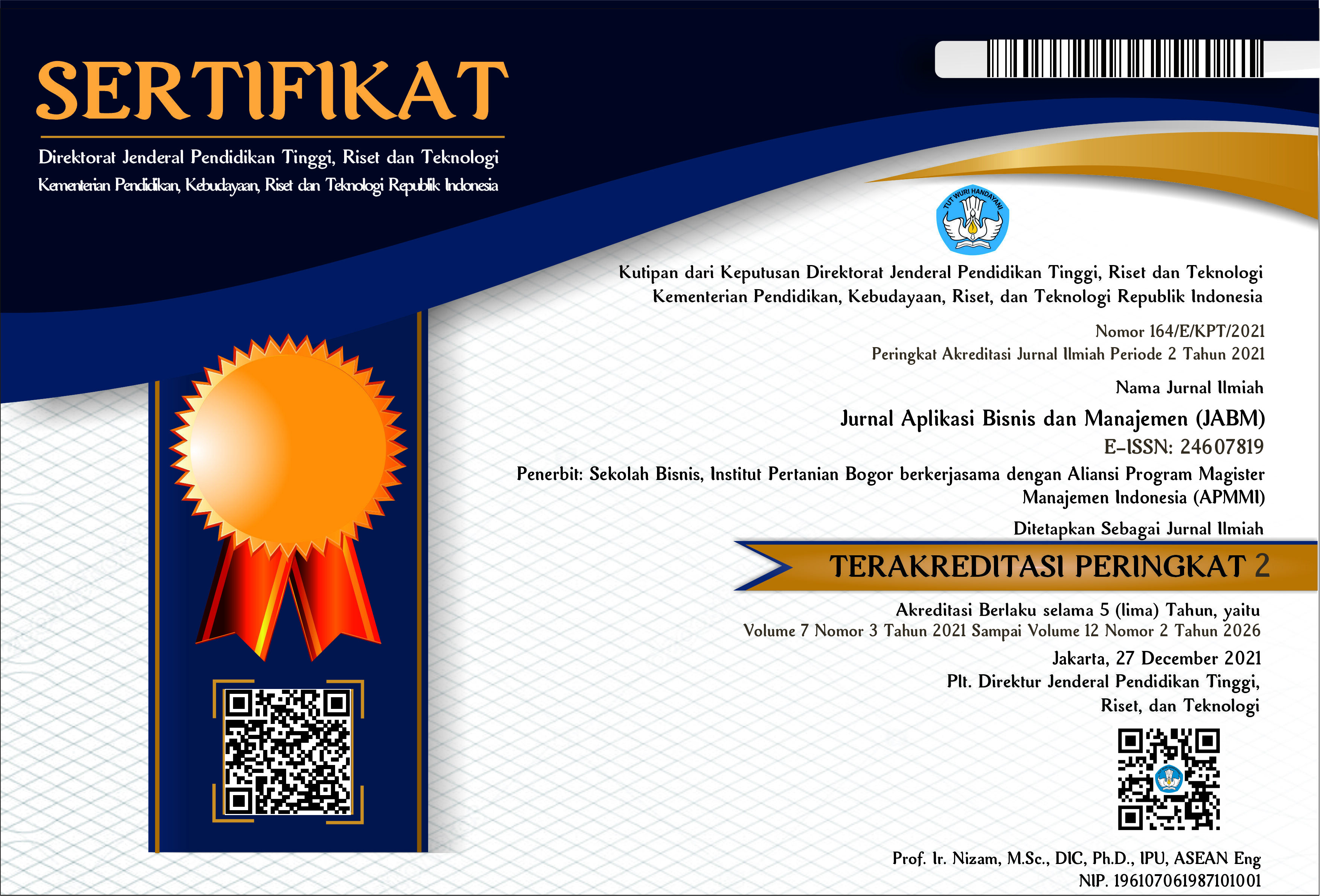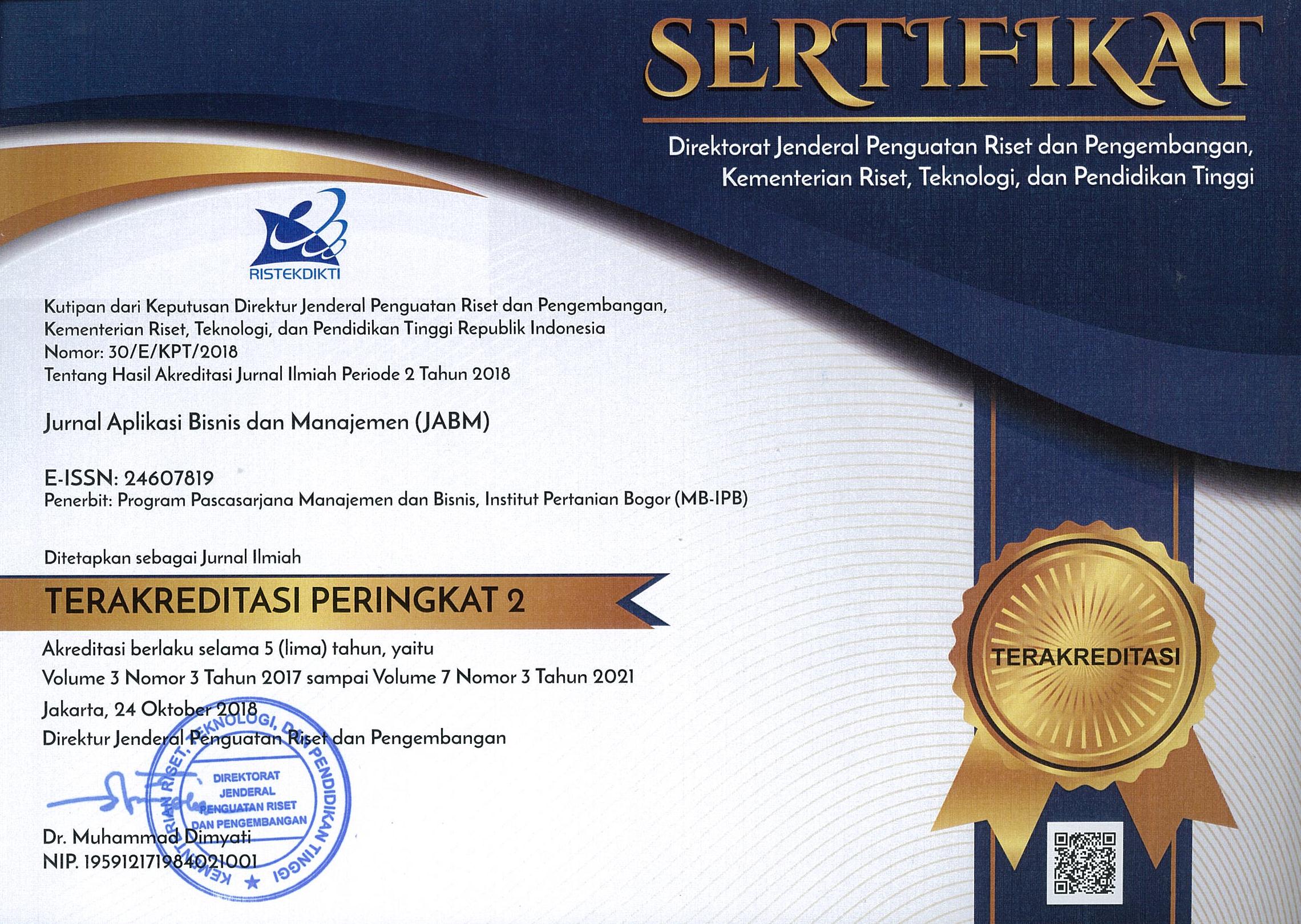Strategi Pencegahan Korupsi Untuk Menurunkan Tingkat Korupsi Daerah
Corruption Prevention Strategies For Reducing Regional Corruption Levels
Abstract
Corruption is one of the inhibiting factors in the business world in Indonesia. Efforts to eradicate corruption are carried out through education, prevention and prosecution strategies or known as the TRISULA strategy. One of the corruption prevention efforts carried out by the KPK is through the Monitoring Center for Prevention (MCP) with eight areas. This study aims to analyze the influencing factors and the best strategic priorities in preventing regional corruption. This study uses primary data. Primary data was obtained through a survey with purposive sampling in 22 local governments. Data were analyzed using internal-external analysis, SWOT, and Quantitative Strategic Planning Matrix (QSPM). The results of the strategy analysis show that the main strength factor is the commitment of the regional head and regional apparatus, the main weakness factor is the weak of intern monitoring. While the main opportunity factor is the role of the Corruption Eradication Commission in supporting local government corruption prevention efforts, while the main threat factor is the country's economy (fiscal conditions). The regional corruption prevention system is in quadrant V (hold and maintain). Sharpening MCP indicators is a strategic priority to prevent corruption in the regions.
Keywords: monitoring center for prevention, corruption prevention strategy, regional corruption, QSPM, KPK








